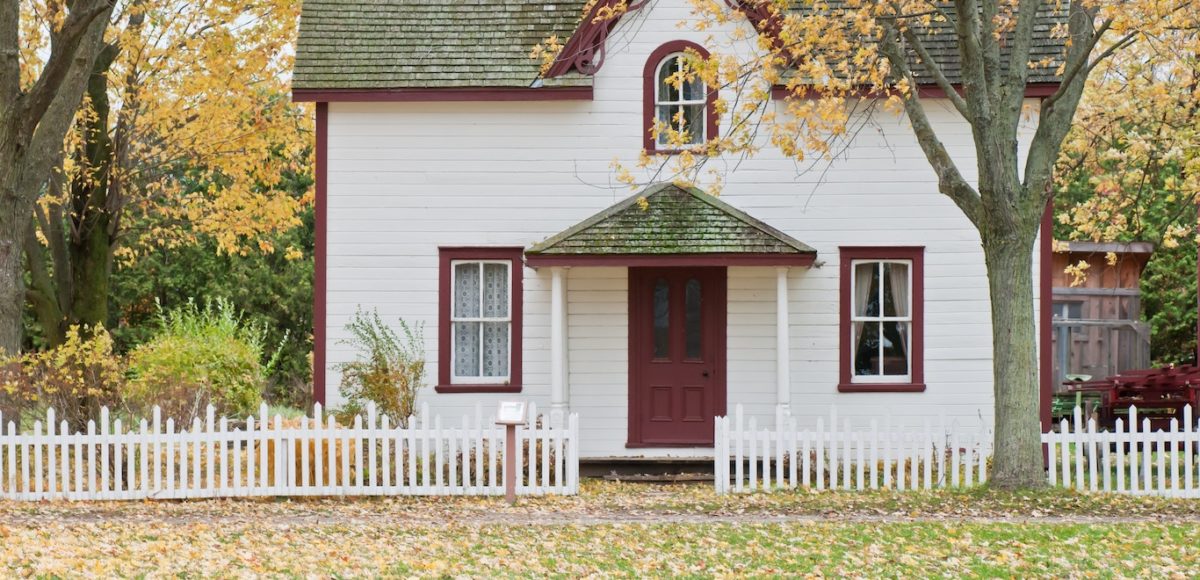It’s true that deciding whether to rent or buy a home can be stressful. There’s so much to consider. If you’re debating the question of renting vs. buying your first home, it’s important to understand the basics of the home buying process. Here are the top things you need to know.
Determine How Much House You Can Afford
The general rule of thumb, according to lenders, is for homebuyers to look for properties that cost no more than three to five times their annual household income — with a 20 percent down payment. Not sure how much you can afford? Try using an affordability calculator to determine what your price range for a home should be.
Credit Requirements and Qualification Process
Just as you are shopping around for homes, you can shop around for mortgages. Determining your priorities is helpful before you meet with various banks or lenders. Do you want to keep your monthly payments as low as possible? Or do you want to ensure your monthly payments never increase? Maybe you know you’ll be moving again in a few years and this isn’t your “forever” home. All of these are key factors in deciding which loan you ultimately choose.
The best way to determine how much you’re able to spend is to get prequalified for a mortgage. It’s a relatively easy process. Simply provide your income, amount of savings, and any investment information to your mortgage banker, and he or she will review it and let you know how much a bank can lend you.
It’s always a good idea to borrow a little less than the amount approved. For example, if you are approved for a $250,000 loan, don’t look at houses that are $250,000 or above. You will end up being disappointed because you can’t afford them. Instead, go for properties listed for slightly less than your maximum approved loan amount. After all, if you do decide to pursue a higher-ticket home, you may find yourself “house poor” and not able to do much outside of your four new walls.
Working with a Broker or Realtor
Finding the right real estate broker is imperative — you want to connect with someone who understands what you want and has a keen eye for your needs. He or she can provide you with helpful information on homes for sale in your target market, as well as neighborhoods and school districts. One benefit to working with a realtor is they often have access to housing information the public doesn’t — and they usually have a strong knowledge of the home buying process, so you can ask questions along the way.
Home Inspection
After you make an offer on a house, you need to get it inspected. This important step identifies any signs of structural damage and things that may need fixing. Nobody wants to move into their dream house only to find out the roof has a leak or that there’s mold in the basement.
Your purchase offer contingency protects you by giving you a chance to renegotiate your offer — or withdraw it completely — should your home inspection reveal something too big for your comfort level. You have the opportunity to ask the seller to fix specific items on the property before closing the sale. As one last check, you will have a walkthrough of the house to confirm that the agreed-upon repairs are complete.
Choosing the Loan and Final Steps
After you’ve completed all the paperwork and the home inspection, the big day you’ve been waiting for will arrive: closing day. Before you can pop the champagne, you and the seller will sign papers to transfer the home from their name to yours, and you will complete your loan documents to make everything official. Once the check is delivered to the seller, you’re ready to move into your new home.
Buying your first home may seem overwhelming, but CORT Furniture Rental can make furnishing it easy and convenient. You can rent what you need for your new abode, whether it’s an entire bedroom set or even furnishings for the whole house.







